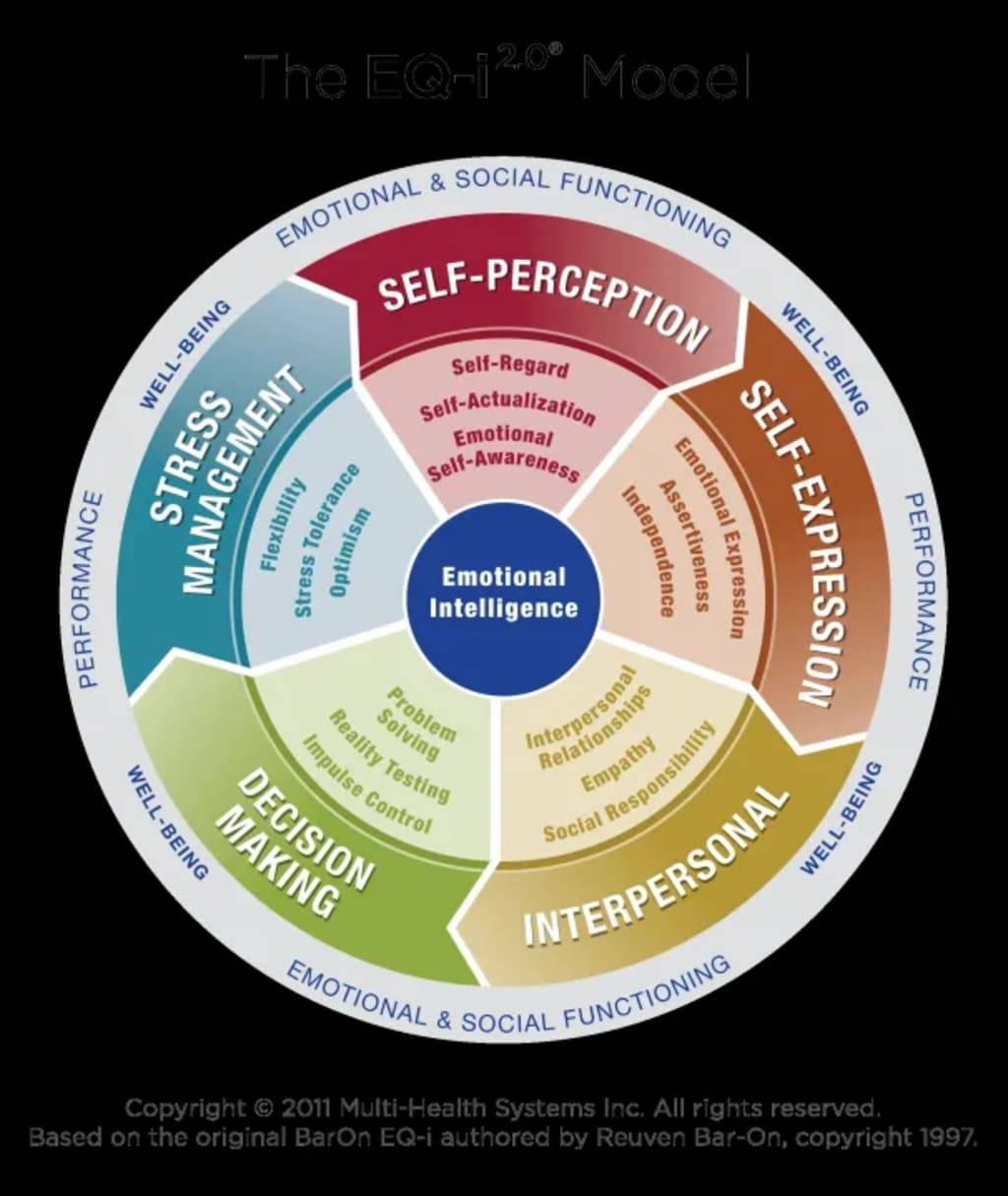Managing a relationship during challenging health diagnoses can be one of the most difficult yet transformative experiences for couples. When one partner faces a serious health condition, it can affect not only their physical and emotional well-being but also the dynamics of their relationship. Navigating this journey requires understanding, open communication, patience, and a deep level of support from both sides.
Open Communication
Effective communication is key to maintaining a healthy relationship during times of health challenges. The partner who is diagnosed should feel comfortable sharing their thoughts, feelings, and concerns with their loved one. Likewise, the healthy partner should be open and ready to listen without judgment.
Conversations about the diagnosis, treatment plans, and the emotional toll it takes on both individuals are crucial. Being honest about fears, frustrations, and needs can help create an environment of mutual support. Additionally, it is important to acknowledge that both partners may have different emotional responses to the diagnosis, and respecting those differences without making the other feel misunderstood is essential.
Empathy and Emotional Support
The emotional burden of a health diagnosis can be overwhelming. It is important for both partners to show empathy and understanding. The person with the diagnosis may experience feelings of fear, anger, guilt, or sadness, and they may struggle with accepting their new reality. On the other hand, the partner without the diagnosis may feel helpless or unsure about how to support their loved one.
Empathy involves recognizing each other’s emotions and being there for each other in a non-judgmental way. Sometimes, it may not be necessary to offer solutions right away, but simply offering a listening ear or being physically present can provide immense comfort.
Managing Practical Aspects Together
A challenging health diagnosis often comes with practical concerns such as doctor appointments, medication regimens, changes in lifestyle, and financial burdens. It’s essential for the couple to approach these challenges as a team, making decisions together whenever possible.
For example, scheduling medical appointments and managing health-related logistics can be overwhelming for the person diagnosed. The healthy partner can step in to assist with organizing appointments, taking notes during doctor visits, or ensuring medications are taken on time. By sharing these responsibilities, the couple can reduce the stress on one person and make the experience feel less isolating.
Moreover, if the diagnosis leads to changes in work routines, physical capabilities, or other aspects of daily life, couples can brainstorm ways to adjust their schedules and responsibilities to accommodate these changes. This cooperation can strengthen the bond between partners.
Prioritizing Self-Care
Both partners need to take care of their own physical and emotional health during this time. The person with the diagnosis needs to focus on their own healing process, and this may include adhering to a treatment plan, getting enough rest, and seeking emotional support from others (whether it be through therapy, support groups, or loved ones).
The healthy partner also needs to prioritize self-care to avoid burnout and maintain their well-being. It’s important for them to take time for activities they enjoy, maintain their social connections, and seek emotional support when needed. Caring for oneself helps prevent resentment from building up and keeps the relationship balanced.
Managing Changes in Intimacy
A health diagnosis can impact physical intimacy in various ways, from physical limitations to emotional changes. It is important for both partners to acknowledge these shifts and find new ways to connect emotionally and physically. Open discussions about intimacy, including both sexual and Non-sexual forms of affection, can help ensure that both partners still feel valued.
For example, physical touch like holding hands, hugging, or cuddling can provide comfort and emotional closeness, even if sexual intimacy is temporarily affected by the illness or treatment. It’s important for couples to communicate openly about their desires, boundaries, and any concerns related to intimacy during this time.
Seeking Professional Support
In many cases, couples may benefit from seeking professional help. Therapy can provide a safe space for both individuals to express their feelings and concerns and work through any relational challenges that arise. Couples counseling can help with communication, conflict resolution, and understanding each other’s needs during the illness.
Additionally, the person with the diagnosis may benefit from individual therapy or support groups that focus on coping with chronic illness or Terminal conditions. A therapist can offer strategies for managing the emotional ups and downs of the diagnosis, and a support group can provide an opportunity to connect with others going through similar experiences.
Fostering Hope and Positivity
While a health diagnosis can bring uncertainty and fear, maintaining a sense of hope and optimism can be essential for both partners. This doesn’t mean ignoring the reality of the situation but rather finding moments of joy, laughter, and togetherness amid the challenges. It’s important for both partners to encourage each other and focus on positive aspects of life, even if they are small.
Additionally, celebrating milestones, whether it’s a successful treatment or simply getting through a tough day, can help foster a sense of accomplishment and unity.
In The End
Navigating a challenging health diagnosis as a couple is undoubtedly difficult, but it can also deepen the connection between partners. By communicating openly, providing emotional support, working together to manage practical challenges, and seeking professional help if necessary, couples can not only cope with the diagnosis but also strengthen their bond. Above all, remembering to prioritize empathy, understanding the journey will help both partners feel supported and connected, even in the face of adversity.


